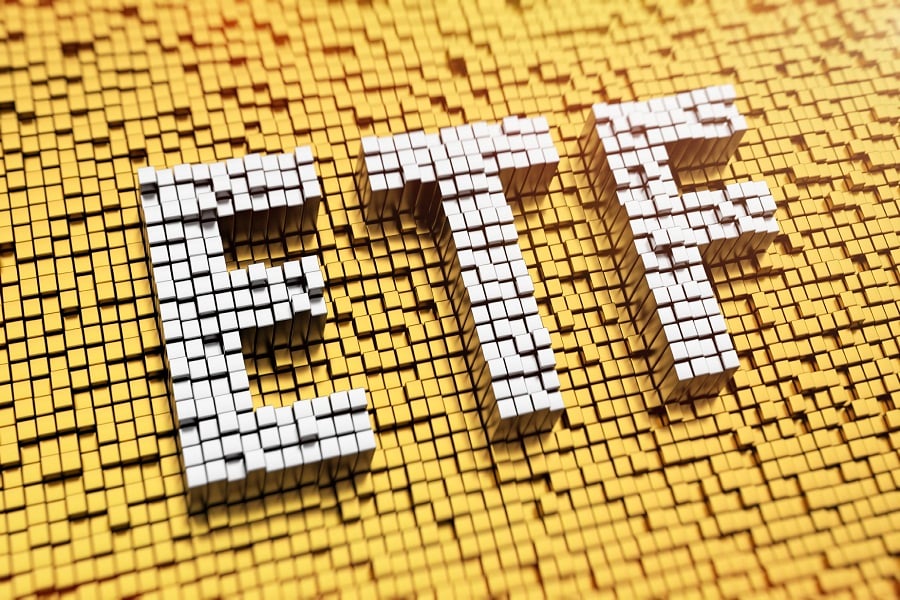There's a Fidelity-sized cloud hanging over asset managers gathering this week at the marquee event for exchange-traded funds.
After the $2.6 trillion
Boston-based behemoth started selling mutual funds
without an annual management charge last year, fees — and how to get them — have loomed over the industry. The annual "Inside ETFs" conference in Hollywood, Fla., is no exception.
Former San Francisco 49ers quarterback Joe Montana and best-selling author Michael Lewis are among the cast of speakers jazzing up the four-day event, but issuers want to know how to attract new investors — and ideally charge more.
Socially conscious, factor-based and actively managed ETFs, which typically carry a higher fee, are all on the agenda.
"The industry has more or less covered most of the major market demand in passive benchmark indexing," said Sylvia Jablonski, head of capital markets at Direxion, which specializes in leveraged ETFs.
"What has been viewed as brilliant innovation for the last decade, is now in some cases showing signs of overcrowding," she said, adding that "in order to compete, we as issuers need to get creative and practical."
The attention on more specialized products comes as the $3.7 trillion U.S. ETF industry struggles with a harsh reality. Fund fees have tumbled as
BlackRock Inc.,
Vanguard Group Inc. and State Street Corp. — the three largest ETF providers — have cut costs in a battle for market share.
Pay Nothing
While ETFs charge an average of $4.70 per $1,000 invested, some that track broad U.S. equity indexes now charge as little as 30 or 40 cents. And
Fidelity Investments' move to offer free mutual funds has spurred speculation about when, not if, a zero-fee ETF will start trading.
"The asset managers are hoping nobody goes first," said Todd Rosenbluth, director of ETF research at CFRA Research. "Once the glass is broken, you have to prove your case as to why you're better than a free product."
Cue funds that purport to offer a different, or more specific exposure. These products can justify charging more and, depending on their size, can generate more revenue for their issuers.
ESG ETFs, for example, cost an average $4.40 for every $1,000 in the fund. Factor funds, which pick out qualities that drive potential returns, charge $3.90, while active ETFs, which rely on a portfolio manager's judgment rather than an index to justify their higher price tag, cost an average of $5.90.
But a recent report from Boston-based research firm Cerulli Associates suggests that some of these funds may be more enticing to fund providers than to investors. While 46% of issuers saw unmet demand for products focused on socially responsible investing, for example,
only 17% of financial advisers agreed, its survey showed.
Hedge fund billionaire Paul Tudor Jones, founder of Tudor Investment Corp., will try to win over these ETF users when he discusses his nonprofit Just Capital, which creates a values-based ranking of companies based on Americans' priorities — and feeds a $200 million Goldman Sachs Group ETF.
The day after his keynote, another panel will address ESG investing, while others will discuss active management and multifactor funds.
But with 97% of money flowing into ETFs and index funds that charge $2 per $1,000 or less — and fees only going lower — it will be a slog to convince investors they want to buy products that charge more.
"Lowering fees has a near-perfect record of working for ETFs," said Eric Balchunas, an ETF analyst at Bloomberg Intelligence. "It's the single biggest driver of flows. It is the mother of all trends."







